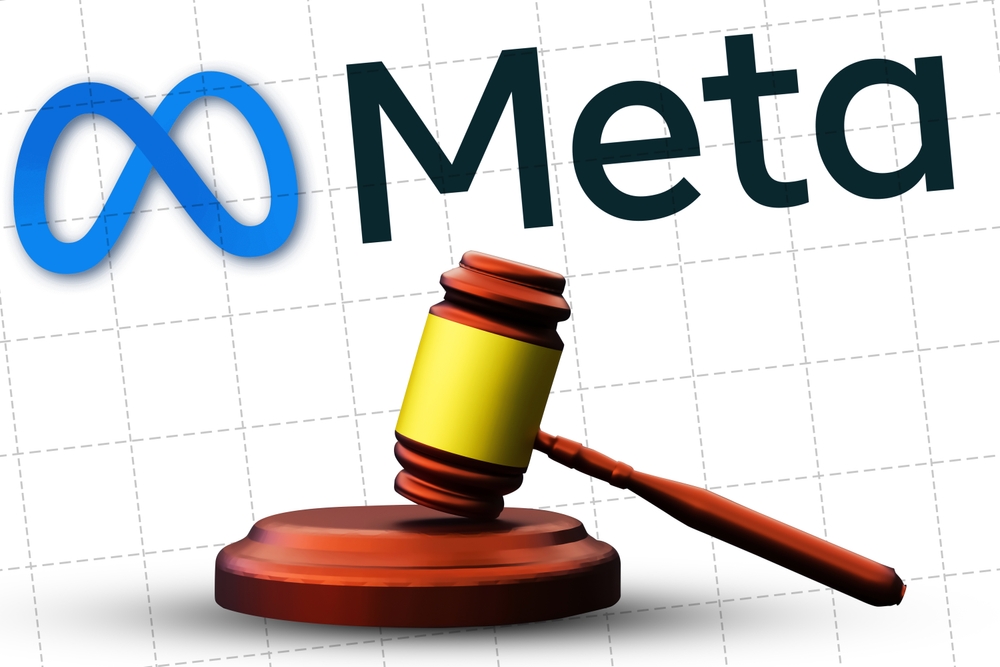During an antitrust trial brought by the Federal Trade Commission (FTC), Meta CEO Mark Zuckerberg testified that TikTok’s rapid rise posed a serious risk to Meta’s business. He described the short-form video platform, launched in 2018, as a “super-urgent” and “high-priority” competitive threat from the very beginning.
According to Zuckerberg, TikTok’s success directly impacted Meta’s performance. As TikTok’s popularity surged, Meta’s growth “slowed sharply.” The platform, owned by Chinese tech company ByteDance, has remained a central focus of Meta’s strategic efforts for several years. ByteDance’s 2017 acquisition of Musical.ly and its merger with TikTok in 2018 marked a turning point in the competitive landscape.
Around the same time, Meta—then still known as Facebook—stopped reporting standalone Facebook user numbers in its quarterly earnings. Instead, it began using an “app family” metric that combined usage across Instagram, WhatsApp, and Facebook. This shift was seen by many as an effort to mask slowing growth in the core Facebook platform.
Shifting Social Media Dynamics and Regulatory Pressure
Zuckerberg also shared insights into how social media platforms have evolved. When asked about the network effects of social platforms, he explained that direct friend and family connections are no longer as crucial for growth. “Apps are now primarily discovery engines,” he said, noting that users are more likely to encounter content via algorithm-driven feeds and then share it through messaging apps.
Despite this shift, Meta has recently tried to re-emphasize personal connections, notes NIX Solutions. In an effort to “get back to the original Facebook,” the company has rolled out new features, such as a redesigned Friends tab, to help users reconnect. Zuckerberg mentioned in January that this would be a major focus for 2025.
Meanwhile, the FTC’s lawsuit presents a potentially existential challenge to Meta. Should the FTC succeed, Meta could be forced to break up its business by spinning off Instagram or WhatsApp. Such a move would significantly impact the company—especially the sale of Instagram, which generates the bulk of Meta’s advertising revenue. WhatsApp, while less profitable, still provides access to a vast global user base.
The case could reshape Meta’s future, and we’ll keep you updated as it develops.

